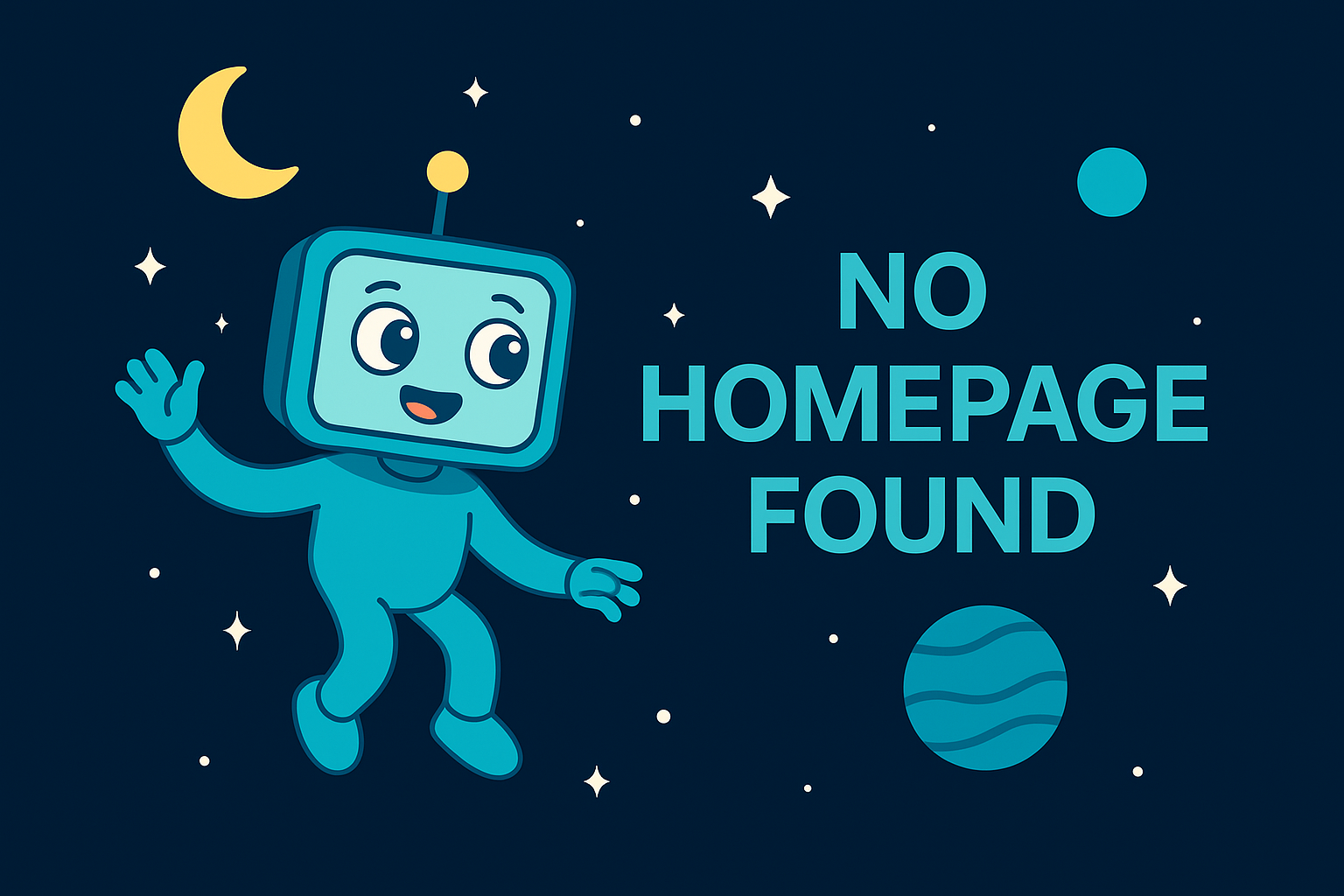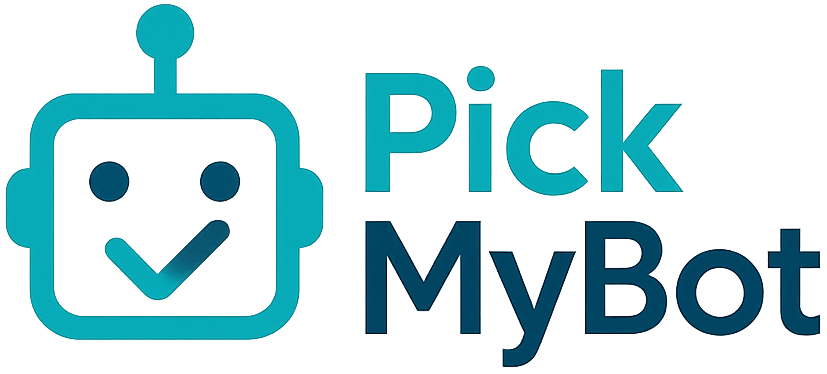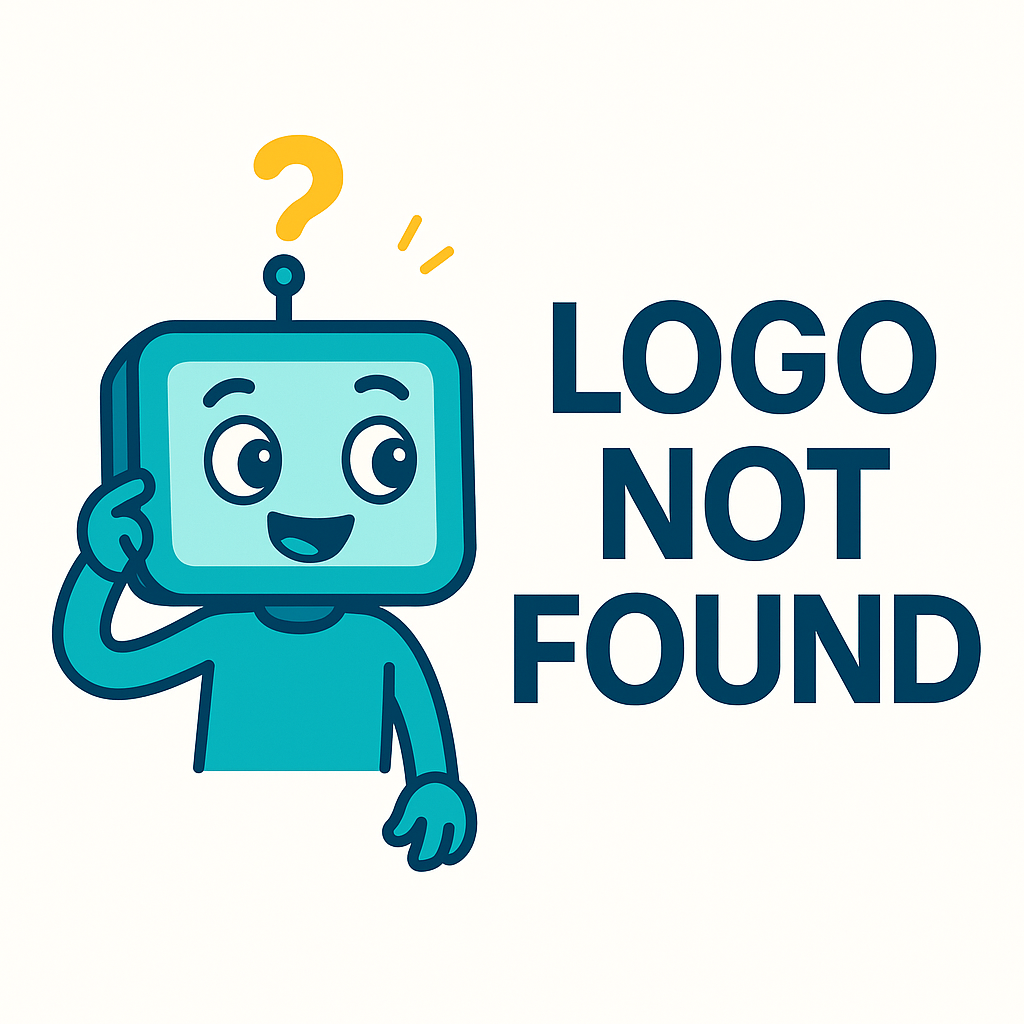
Best AI Tools for Web Development
Explore the top-rated tools and popular subcategories for Web Development.
Top 10 in Web Development










Subcategories
New in Web Development
Recently added tools you might want to check out.
Web Development
React is the library for web and native user interfaces. Build user interfaces out of individual pieces called components written in JavaScript. React is designed to let you…
Web Development
NestJS is a framework for building efficient, scalable Node.js web applications. It uses modern JavaScript, is built with TypeScript and combines elements of OOP (Object Oriented Programming), FP…
Web Development
Express is a fast, unopinionated, minimalist web framework for Node.js, providing a robust set of features for web and mobile applications.

